Case Study: Carbon Dividends Can Grow the U.S. Steel Industry
Analysis bolsters case for carbon fee and border carbon adjustment to boost domestic manufacturing and jobs across the U.S. economy while lowering global emissions
WASHINGTON – The Climate Leadership Council released a case study showing how a domestic carbon fee with a border carbon adjustment (BCA) can grow the U.S. steel industry. By extension, other industrial sectors where the United States enjoys a carbon efficiency advantage over its key trading partners would also stand to benefit from such a policy. The result is lower global emissions and more clean manufacturing and well-paying jobs in the U.S., in addition to fewer imports from high-emitting countries like China.
“With the right climate policy, America has an opportunity to reset the global rules of climate and trade and ensure its manufacturers and workers come out on top as the world transitions to a low-carbon future,” said Greg Bertelsen, CEO of the Climate Leadership Council. “Today, U.S. manufacturers get no credit for producing goods with fewer emissions than their international competitors. Climate policy can reward U.S. manufacturers for their cleaner operations and give them a competitive advantage over high-emitting manufacturers overseas.”
The report by CRU International Ltd., Leveraging a Carbon Advantage, shows that applying the same carbon price to all producers who sell in the U.S. market would deliver a competitive advantage to domestic steelmakers, who would see their sales and profitability rise as they displace imports. Among the study’s key findings:
- The U.S. steel industry has a major carbon advantage. Steel imported to the U.S. emits 50-100% more CO2 emissions per ton than steel produced in the U.S., on average
- A domestic carbon fee and BCA can increase U.S. steel industry sales by as much as 9%.
- Such a policy can decrease steel imports by around 50% and potentially eliminate entirely imports from carbon-intensive countries like China and Brazil.
The rewards of this climate policy are by no means limited to the steel industry, according to Bertelsen. The U.S. has a carbon advantage over most of its key trading partners across a range of sectors, according to data compiled by the MacroDyn Group in 2020. In fact, 75% of U.S. imports come from less carbon efficient countries. A BCA system would level the playing field for carbon efficient U.S. manufacturers across a range of industries.
“The study’s findings challenge the assumption that U.S. climate leadership will invariably harm American competitiveness,” Bertelsen said. “By establishing a new order on climate and trade with a carbon price and border carbon adjustment, the U.S. can rapidly cut emissions, reinvigorate manufacturing, create jobs and encourage other countries to switch to clean energy all at the same time.”
###
The Climate Leadership Council works with a diverse coalition of businesses, environmental and opinion leaders whose purpose is to advance the four-part carbon dividends framework as the most cost-effective, equitable and politically-viable climate solution.


